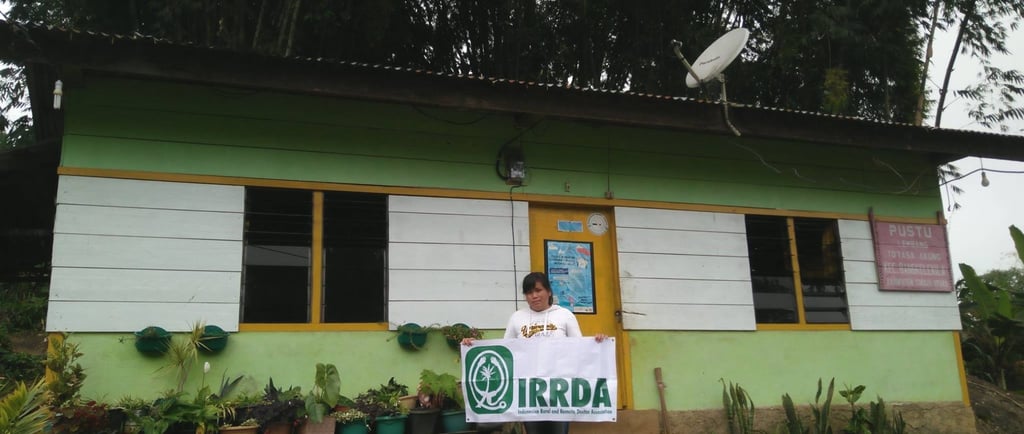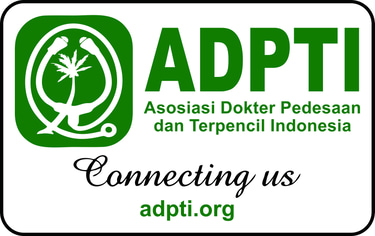Investing in Collaborative Health Practices for Rural and Remote People: The Adaptive Approach By ADPTI'S Members
Syarhan (Chair Of ADPTI)
7/8/20252 min baca


Introduction
In today's dynamic healthcare landscape, addressing the health needs of local people and communities requires not only innovative solutions but also a steadfast commitment to collaborative practices. Members of ADPTI are at the forefront of investing in the people and patterns necessary to facilitate these practices espeacially in rural and remote areas across of Indonesia, ultimately responding to societal health requirements more effectively. This blog explores how such investments can reshape the approach to rural and remote people and community health and well-being.
The Importance of Collaborative Practices
Collaboration is paramount in healthcare as it allows for a multi-faceted approach to health challenges. When diverse stakeholders unite—be they healthcare providers, community organizations, or local government agencies—comprehensive strategies emerge to tackle complex health issues. ADPTI, recognizing this vital element, has been dedicated to nurturing collaboration among various entities. By cultivating these relationships, ADPTI ensures that the voices and needs of local populations are heard, leading to tailor-made health interventions that resonate with the community's specific needs.
Investing in Human Capital and Infrastructure
At the heart of ADPTI's strategy is the investment in human capital. This entails training healthcare professionals and community advocates to work cohesively within collaborative frameworks. Through workshops, training sessions, and community engagement initiatives, ADPTI equips individuals with the necessary skills to effectively participate in these partnerships. Furthermore, investments in infrastructure—such as technology and communication tools—are crucial in facilitating information sharing and joint efforts across different stakeholders. By fostering an environment of cooperation, ADPTI enhances the overall health response of local populations, enabling rapid and effective action in addressing health emergencies and chronic health issues in rural areas.
Addressing Local Health Needs Through Engagement
Engagement is a critical component in connecting with communities and understanding their unique health challenges. ADPTI’s initiatives prioritize direct interaction with local residents to ascertain their health concerns and preferences. By embedding their strategies within the community, they ensure that interventions not only align with demonstrated needs but also enhance community buy-in. This approach empowers individuals, giving them a stake in their health outcomes, thereby fostering a culture of collaboration that extends beyond project timelines.
Conclusion
Investing in rural and remote people and patterns of collaborative practice has profound implications for the health of local people and communities. Through the diligent efforts of organizations like ADPTI, a new paradigm emerges where the collective expertise and resources can effectively respond to the ever-evolving health needs of society. Ultimately, this model not only creates a healthier local people and community but also lays the foundation for sustainable, long-term health improvements. The commitment to collaboration is a step towards addressing health disparities and promoting equitable access to healthcare for all.
